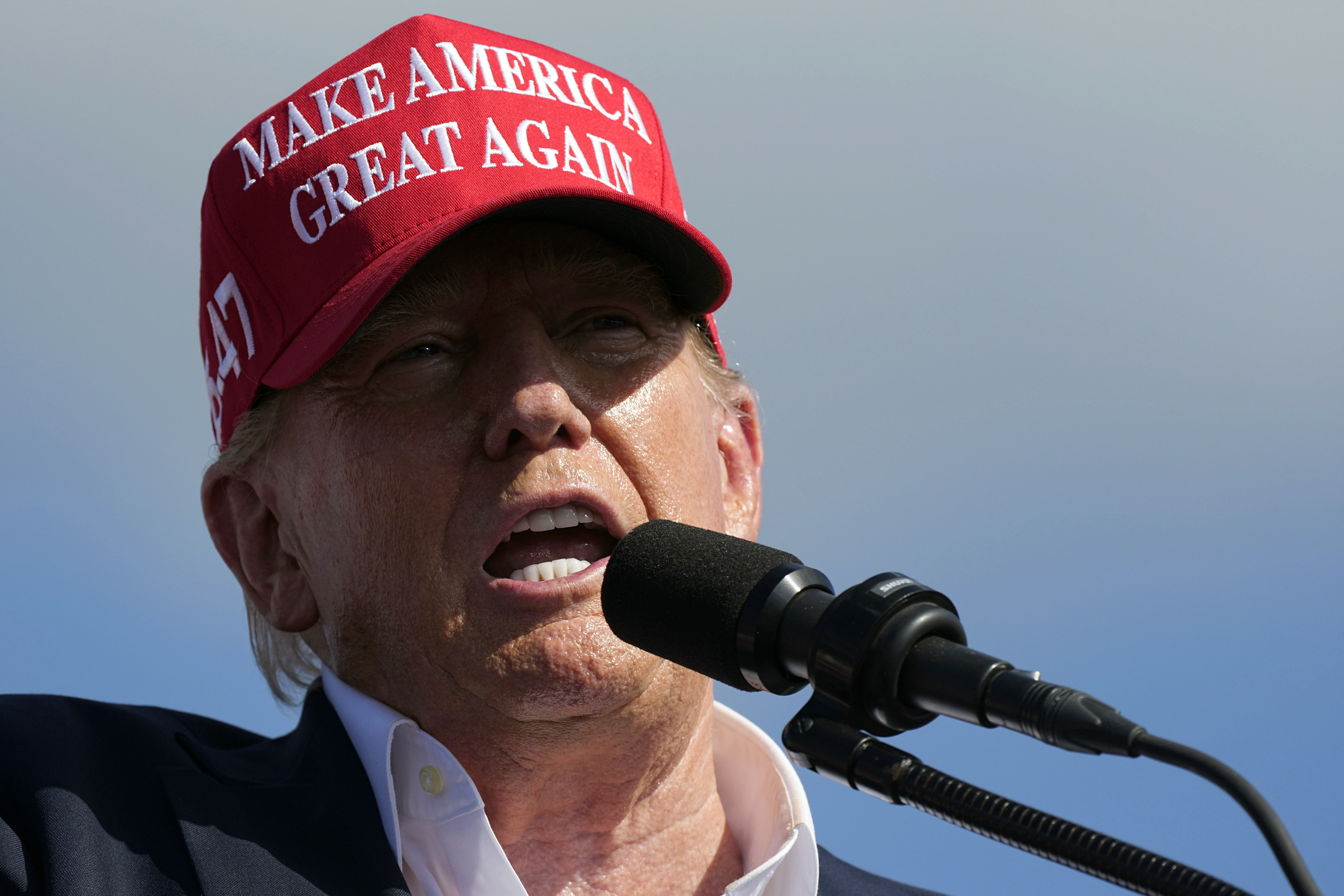Target said Tuesday that it will close nine stores in four states, including one in New York City's East Harlem neighborhood, saying that theft and organized retail crime have threatened the safety of its workers and customers.
The closings will be effective Oct. 21. Target said that it still will have a combined 150 stores open in the markets where the closures are taking place. It said it will offer affected workers the opportunity to transfer to other stores.
The Minneapolis retailer said the decision to close the stores was difficult.
“We know that our stores serve an important role in their communities, but we can only be successful if the working and shopping environment is safe for all," Target said in a statement.
Target said it has invested heavily in strategies to prevent theft, such as adding more security workers, using third-party guard services and installing theft-deterrent tools, like locking up merchandise. It also has trained store leaders and security-team members to protect themselves and de-escalate potential safety issues.
But it noted that it still faced “fundamental challenges” to operate the stores safely — and the business performance at the locations slated for closure was unsustainable.
Get Tri-state area news and weather forecasts to your inbox. Sign up for NBC New York newsletters.
While the store closings account for just a fraction of the 1,900 stores Target operates nationwide, the move underscores the challenges retailers face in reducing theft in stores, protecting their workers and customers, and maintaining locations in areas that might have few shopping alternatives.
News
For example, the Target store in East Harlem is one of the few choices residents have nearby to buy good quality healthy foods.
"I think it’s a tragedy because everybody in the area pretty much shops and you can get pretty much things that at low price," East Harlem resident Rafael Rosado said.
"The Walmart is closed too. We don’t have a lot of stores like this here," Maria Rodriguez said.
Target said in May that theft was cutting into its bottom line and it expected related losses could be $500 million more than last year, when losses from theft were estimated to be anywhere from $700 million to $800 million. So that means losses could top $1.2 billion this fiscal year.
It’s unclear how much money retailers broadly are losing due to organized retail crime — or if the problem has substantially increased. But the issue has received more notice in the past few years as high-profile smash-and-grab retail thefts and flash mob robberies have garnered national media attention. Over the past few quarters, an increasing number of retailers including Dick's Sporting Goods and Ulta Beauty have been calling out rising theft, citing it a factor in shrinking profits.
In May, New York City Mayor Eric Adams said repeat offenders were responsible for 30% of arrests in the city. Gov. Kathy Hochul on Wednesday reacted to the Target closure announcement.
"This is a problem that we’re not blind to, we’re very much aware of what this does to the community that relies on the ability to shop at stores like that. So we’re focused on money to the localities to help them beef up their security as well," the governor said.
The National Retail Federation, the nation’s largest retail trade group, said its latest security survey of roughly 177 retailers found that inventory loss — called shrink — clocked in at an average rate of 1.6 % last year, representing $112.1 billion in losses. That's up from 1.4% the previous year.
The greatest portion of shrink — 65% — came from external theft, including products taken during organized shoplifting incidents, the trade group said Tuesday. More than two-thirds of respondents said they were seeing even more violence and aggression from perpetrators of organized retail crime compared with a year ago.
The NRF said that even though retailers continue to improve their loss-prevention measures, sometimes more drastic action must be taken. Nearly 30% of retailers surveyed reported being forced to close a specific store location, and 45% said they needed to reduce operating hours. Roughly 30% said they needed to change or reduce product selection in stores as a direct result of retail crime.
Late last year, Congress passed a bill, called the INFORM ACT, that seeks to combat sales of counterfeit goods and dangerous products by compelling online marketplaces to verify different types of information — including bank account, tax ID and contact details — for sellers who make at least 200 unique sales and earn a minimum of $5,000 in a given year.
Target said Tuesday that it's making significant investments in cyber defense to combat retail theft and fraud and has teamed up with the U.S. Department of Homeland Security's Homeland Security Investigations division to combat retail theft.
The big box store chain is still expected to open another Target in the neighborhood on 125th Street, but that location is expected to be much smaller than the one closing next month.



